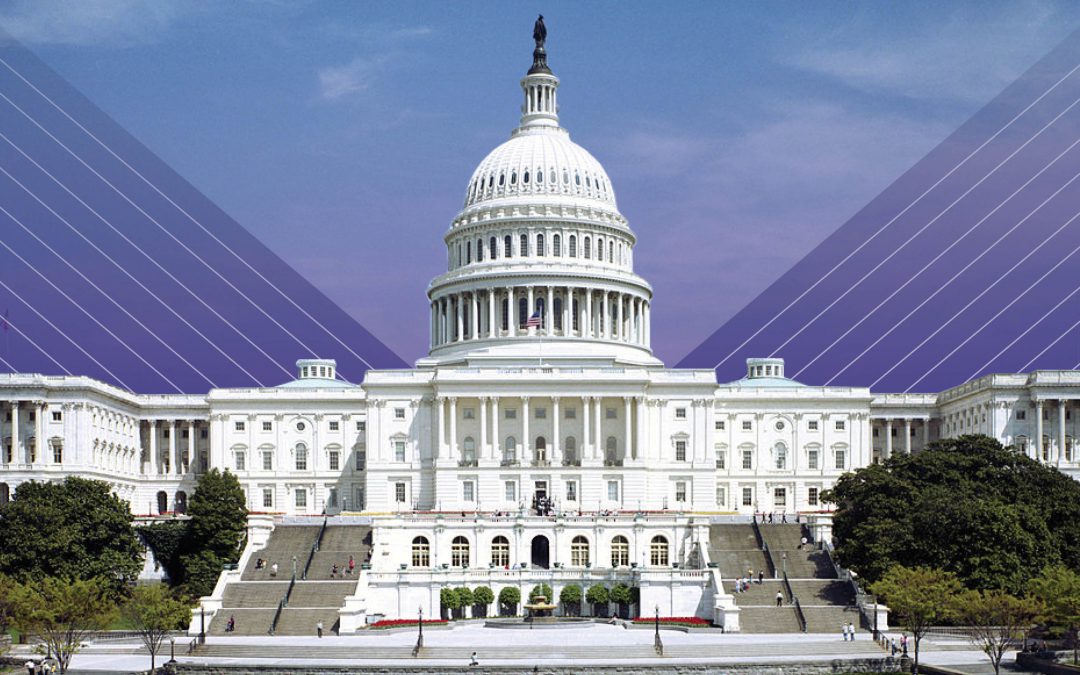1. The House is voting under suspension of the rules Monday on the Divided Families Reunification Act (H.R. 1771), which would support Korean Americans in their effort to reunite with relatives in North Korea. Nearly 100,000 Korean Americans have been separated from relatives since the Korean War. This bill would require the Secretary of State or another State Department representative to “consult with South Korean officials on potential family reunion opportunities” and pursue virtual reunion options via video conference. “Americans who have relatives in North Korea are in their 70s, 80s, and 90s,” bill Sponsor Grace Meng, D-NY, wrote in a statement. “Time is not on their side which is why we must immediately pass my bill to provide much needed relief for these divided families.” The bill has 43 co-sponsors, including five Republicans.
2. The House Committee on Rules will meet Monday to discuss the passing of the Iran War Powers Resolution (S.J. Res 68), a joint resolution that would require President Donald Trump to terminate the use of U.S. Armed Forces for hostilities in Iran unless it is authorized by Congress. The resolution was introduced in January by Sen. Tim Kaine, D-Va., and passed the Senate 55-45 with amendments in February. The House will convene Thursday to consider the resolution, and if it’s passed as amended, the joint resolution’s findings would include that the president has a constitutional responsibility to defend U.S. citizens; that 100 members of the U.S. Armed Forces sustained traumatic brain injuries in the Iranian attack on the Iraqi Al-Assad Air Base hosting American troops; and that members of the U.S. Armed Forces, the intelligence community and the president should be commended for the Jan. 3 airstrike that killed Iranian Gen. Qasem Soleimani. In a Feb. 12 tweet, Trump said the U.S. is “doing very well with Iran and this is not the time to show weakness” by passing the resolution. .
3. With almost 4,000 deaths worldwide and the first confirmed case in Washington, D.C., Congress is continuing to monitor the novel coronavirus outbreak. Trump signed an $8.3 billion bill last week to fund vaccine development efforts and support state governments in their responses. On Tuesday, the House Oversight and Reform Subcommittee on National Security will hear testimony about the United States’ biodefense and response to the outbreak. Also on Tuesday, community health experts including former Obama administration Ebola czar Ron Klain will testify before the House Homeland Security Subcommittee on Emergency Preparedness, Response, and Recovery. Klain told MSNBC last week that there was a “crisis of both confidence and competence” in the Trump administration’s handling of the outbreak. Finally, Ken Cuccinelli, the acting deputy secretary for the U.S. Department of Homeland Security, and Gary Rasicot from the Countering Weapons of Mass Destruction Office at DHS will testify Wednesday before the House Homeland Security committee.
4. The House Financial Services Committee is holding two hearings this week with executives at Wells Fargo, both under the premise of holding the company accountable for recent consumer abuses. In 2016, it was revealed that the bank opened millions of fraudulent accounts in customers’ names without their knowledge or permission, likely created under extreme sales pressure. A recently released report from the Democratic staff of the committee found that “the fraudulent sales practices were not an isolated incident and instead have been revealed to be just one scandal in a series of revelations of other illicit customer abuses that have occurred at the bank.” The megabank was fined $185 million from the Consumer Financial Protection Bureau, Office of the Comptroller of the Currency, and the Office of the Los Angeles City Attorney. The committee will hear from CEO Charles Scharf on Tuesday and from Chair Elizabeth Duke and Independent Chairman James Quigley on Wednesday.
5. The Senate will convene Monday afternoon to vote on the motion to invoke cloture on amendment S.A.1407 of the Advanced Geothermal Innovation Act (S. 2657), introduced by Sen. Lisa Murkowski, R-Ala. Majority Leader Sen. Mitch McConnell, R-Ky., filed for cloture on the amendment on Thursday, which would place a time limit on how long the Senate can consider the bill and avoid a filibuster. If cloture is not invoked and no further agreement is reached, the Senate would vote to invoke cloture on the original bill, which intends to accelerate geothermal energy development in the U.S., and develop programs at the Department of Energy to enhance existing geothermal programs.

